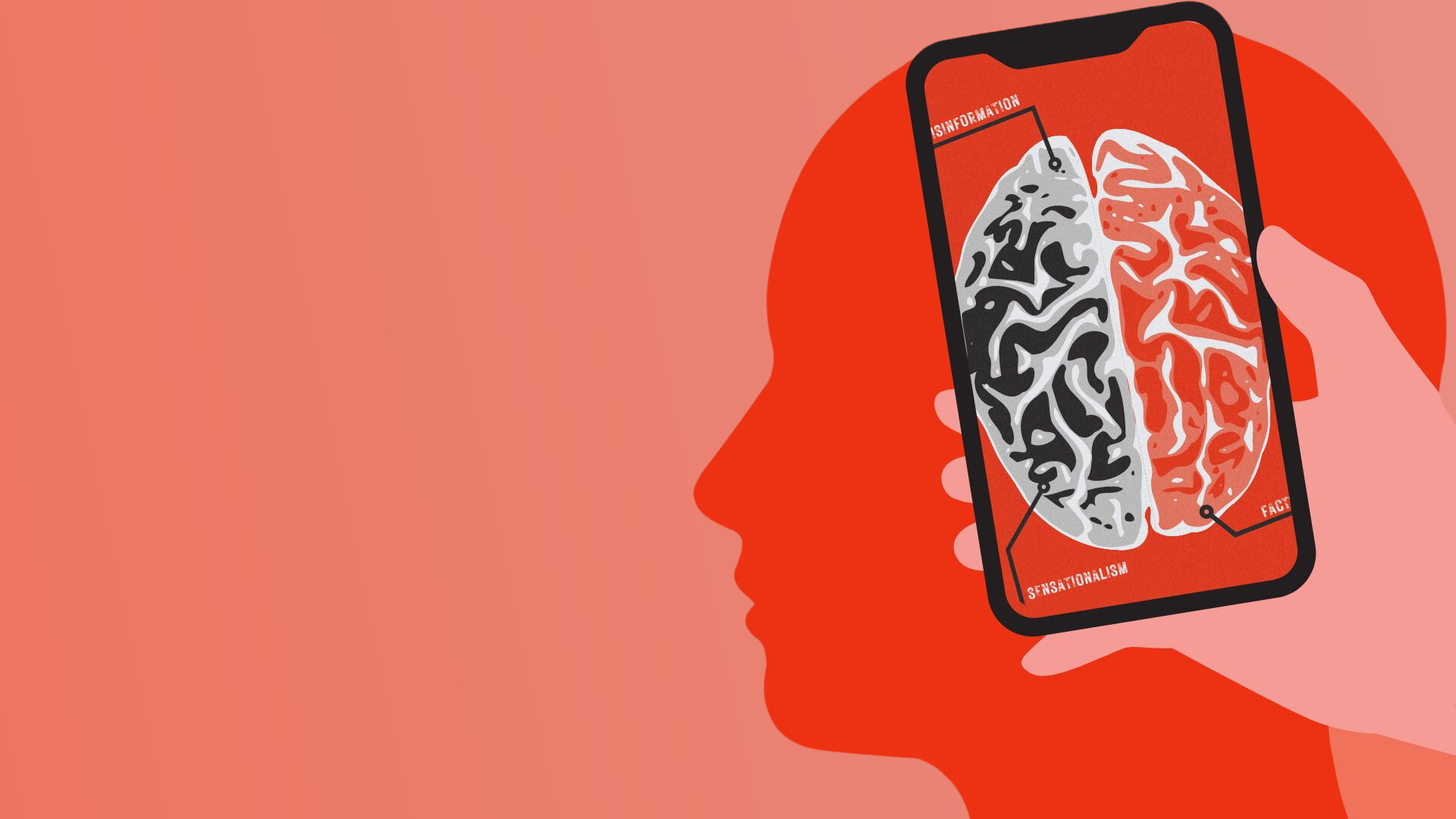In an era of endless doom scrolling and constant content, taking care of our mental health has never been more critical—or more complicated. How much of what we see online is helpful, and how much is harmful? Wired for Wellness brings together leading voices in mental health and communication for a deep dive into the global state of mental well-being, how digital media is reshaping both mental health and our understanding of it, and steps we can take to safeguard it.
This event is presented in partnership with the Gairdner Foundation.
About the Speakers
Moderator Mark Henick is a mental health activist, broadcaster, and bestselling author. His TEDx talk is one of the most watched ever. It’s a story of surviving teenage suicide attempts, once with the help of a complete stranger. That led Mark to a successful search to find the stranger who saved his life more than a decade later, in a story that went viral around the world. Today, Mark is a regular media commentator, providing a mental health angle on a diverse range of stories. He’s appeared in hundreds of on camera segments, radio spots, print articles and online features for almost every major media outlet across Canada and the United states.
Dr. Rennie Linklater is Senior Director at Shkaabe Makwa, at the Centre for Addiction and Mental Health, or CAMH. Dr. Linklater, a member of Rainy River First Nations in Northwestern Ontario, is a leading advocate for integrating Indigenous knowledge into mental health care, pioneering approaches that honor cultural and community-based healing.
Dr. Vikram Patel is Paul Farmer Professor and Chair of Global Health and Social Medicine in the Blavatnik Institute's Department of Global Health and Social Medicine at Harvard Medical School. He co-leads the Department’s Mental Health for All lab and co-leads the GlobalMentalHealth@Harvard initiative. His work has focused on the burden of mental health problems across the life course, their association with social disadvantage, and the use of community resources for their prevention and treatment. He is a co-founder of the Movement for Global Mental Health, the Centre for Global Mental Health (at the London School of Hygiene & Tropical Medicine), the Mental Health Innovations Network, and Sangath, an Indian NGO which won the WHO Public Health Champion of India prize and the MacArthur Foundation’s International Prize.
Dr. Elizabeth Paton is Project Lead on the Mindframe program at Everymind, which supports safe media reporting, portrayal and communication about suicide, mental ill-health and alcohol and other drugs. She also leads the Words and Images project, including development of guidelines and web-based resources to support image and language use that is safe, inclusive, hopeful and non-stigmatising. Prior to joining Everymind, Elizabeth worked as a science communication researcher and as an education and outreach officer for a neuroscience research centre. She has taught and published across areas such as suicide prevention, responsible research and innovation, media, communication and the creative industries. She has also worked as a broadcast journalist and freelance writer.
Dr. Christopher Mushquash is a Professor in the Department of Psychology at Lakehead University, a Psychologist at Dilico Anishinabek Family Care, Vice President of Research at Thunder Bay Regional Health Sciences Centre, and Chief Scientist at the Thunder Bay Regional Health Research Institute. Dr. Mushquash recently received the 2023 Canada Gairdner Momentum Award. His work focuses on Indigenous-led mental health and substance use research, creating culturally relevant mental health services for Indigenous communities.
Dr. John Naslund is the Co-Director of the Mental Health for All Lab at Harvard Medical School and faculty member in the Department of Global Health and Social Medicine. With expertise in psychiatric epidemiology, implementation science, and digital mental health, Dr. Naslund is dedicated to improving mental health outcomes worldwide.


